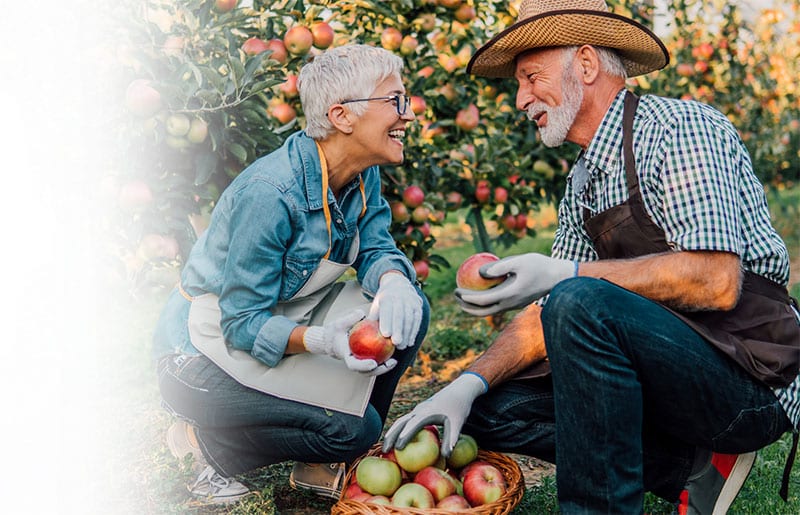
What to Know about Emotional Eating
If you’ve ever found yourself reaching for a snack or meal not because you are hungry, but because it makes you happy, you may have engaged in emotional eating.
Emotional eating is eating to make yourself feel better mentally, rather than to satisfy physical hunger. This is usually a temporary fix and while it feels good at the moment, people often feel worse afterward. That’s because we rarely choose a healthy snack to fill an emotional void, and an over-indulgence in sugary or fatty food can lead to physical discomfort or feelings of guilt.
Emotional Eating vs Actual Hunger
If you aren’t sure if you can recognize the difference between actual hunger and your emotions getting the best of you, stop and ask yourself these questions before eating anything. Once you learn how to tell the difference, it will be easier for you to prevent yourself from emotionally eating.
- Are you craving something sugary, fatty, or high in carbs? Emotional eating usually results in reaching junk food; very rarely does it lead to cravings for something nutritious. It would be great if everyone simply ate salads when we’re stressed, but unfortunately, that’s not how most humans are wired!
- Did the hunger come on quickly? Unless you haven’t eaten in several hours, physical hunger usually comes on slowly, while the need to emotionally eat often feels urgent.
- Is your stomach growling? This question is designed to make you assess if the hunger is coming from the stomach (physical) or head (emotional). For example, if you start thinking about how good a donut will taste, the craving then develops from your head.
- Were you mentally present while you ate? Mindless eating is eating without really noticing, such as when you intend to have only a handful of chips as a treat while watching tv but end up eating most of the bag.
- How did you feel after? Were you satisfied, or did you feel guilt or regret? We rarely feel guilty after enjoying a nutritious, thoughtfully prepared meal, yet often feel regret after downing a pint of ice cream. That’s a big sign that you’ve engaged in emotional eating.
Emotional Eating Triggers
There are many things that can trigger emotional eating in a person and cause someone to seek comfort in food. Some common triggers include:
- Stress
- Anxiety
- Guilt
- Social situations
- Fear
- Happiness/Celebration
- Boredom
- Habits
- Fatigue
Learning to link cravings back to one of these feelings or situations is a big part of recognizing emotional eating before it starts, so you can pause and make a better choice.
Ways to Control Emotional Eating
Recognizing the difference between physical and emotional cravings and the triggers that cause them are important first steps in stopping emotional eating. Here are other things you can do to help control emotional eating:
- Keep a food journal. Log all your meals and details such as how hungry you were when you ate, and your emotions before and after. It won’t be long before you start seeing patterns between mood and certain meals.
- Work on deactivating your triggers. If stress leads you to emotionally eat, what ways can you find to better handle stress? You may find that deep breathing, yoga, or meditation may help more than eating a burrito. If you tend to use food as a reward, change your idea of what a reward is — maybe instead of a brownie, a reward could be time to read a book, or calling and catching up with a friend.
- Distract yourself. If you recognize that you are about to emotionally eat, find something else to do instead. Take a walk, organize your sock drawer, learn to embroider — keep your brain, and your hands, if possible, occupied until the urge passes.
- Don’t buy your favorite comfort foods. If it’s not in your house, you simply can’t eat it. If you find yourself tempted to leave the house to buy it, see the bullet above and Distract Yourself.
If you need more help with controlling your emotional eating or general nutrition advice, make an appointment with one of our doctors at Scripps Affiliated Medical Group who can offer personalized care.

Join our Senior Wellness Society for the latest news on Medicare and tips for healthy living in San Diego!
Sign up now ›Are you looking for specialized medical care in San Diego?
Our directory has more than 850 doctors in San Diego County of various specialties who are available to help you.
Find a doctor